‘Our Stand On Social Justice, Gender-based Violence In Africa’
Join our WhatsApp Channel
FORD FOUNDATION, an independent, non-profit grant-making organisation, has been in existence for over 80 years, working in collaboration with welfare partners to improve livelihoods in different parts of the world. Its new Regional Director for West Africa, Catherine Chinedum Aniagolu-Okoye, in this exclusive interview with Prime Business Africa’s, MARCEL MBAMALU and VICTOR EZEJA speaks on the organisation’s philosophy and ideals as they relate to social justice, gender relations and youth empowerment in Africa. Aniagolu-Okoye also explains Ford Foundation’s operations in the context of the COVID-19 pandemic and Africa’s struggling economies.
What really are your expectations given your new role as regional director, for Ford Foundation West Africa?
The role of a regional director for Ford Foundation is quite clear. My role is to ensure that the strategy of the Foundation is implemented in West Africa, that will continue to develop and design strategies that address issues we are interested in. We are a social justice organisation; so, our interest is to make sure that people live a life of dignity. And the way we do that is by addressing inequality being the main reason for the lower life expectations of people in our region.
Addressing inequality is important but we do that from the social justice lens. We are interested in making sure that gender issues, natural resource issues are effectively addressed.
My expectations are to be able to come up with a strategy that makes sense, looking at these vulnerable groups; ensuring that we have women at the centre of work that we do, that young people and people with disabilities are not left behind.
We are addressing the critical issues in the region that will ensure that these groups are able to live a life of dignity and are able to fulfil their expectation from life. That’s really what I want to do — to make sure that we are designing programmes that are in line with Ford’s strategies, but also addressing the critical challenges of vulnerable people in West Africa.
READ: Nwelue And The New-age Philanthropy
How do you intend to collaborate with local NGOs/CSOs in West Africa in actualizing micro and macro-economic growth potentials?
Indeed, we are not an implementing organisation, we are a Foundation; so, we provide resources to local organisations to be able to carry out the work that we jointly defined and agreed, in line with our strategy. We have quite a number of local NGOs that we work with. We make a case of really supporting NGOs because, many times, their capacity is not as strong as may be international organisations. They don’t have the kind of structures that are as robust as required. So, sometimes they struggle with being able to get funding. At Ford Foundation, these are the people that we really want to work with, because we believe that the problems are rooted in local communities; and it is local NGOs and civil society organisations that are closer to these organisations or communities that really can address those issues. We support them with capacity building and institutional structure that we require for them to make it happen.
So, for us, collaborating with local NGOs and CSOs is a must, and we do it in a way that provides them with financial and technical support where that is needed.
Independent media is often considered the bedrock of good governance, societal growth and development. To what extent would Ford Foundation’s operations in coming months and years add more value to multimedia practice, especially as it affects investigative journalism for the growing online media space?
We recognise the critical role that media play in terms of amplifying the issue and bringing them to the fore, the issue that is of interest to us. So the media will always be a partner. How we do get that going is something that we want to look at internally. We use to have a media portfolio in the past. Now, we will be looking at media more as a cross-cutting issue; it is really looking at how the media will work with the two critical areas of our strategy.
In West Africa, we are going to be looking at two main issues. We are looking at gender justice but from the lens of violence against women. Our desire is to critically look at the incidences of violence against women in the sub-region and also natural resources that we can make a change. Those are the two main areas that we are going to be focusing on. And we know that many of our countries in West Africa are resource-rich countries, but they have not necessarily translated it into improving the lives of the people, especially the communities where those resources are coming from. So, what we would like to do with the media is to work with them in terms of highlighting the issues that are going to be coming out of these two main strategic areas and work with them, and where capacity is required, we will do that. We’ll really work with them through our partners, sometimes directly to make sure that these issues are brought to the fore and be able to influence stakeholders, especially government and others in ensuring that change does happen in those two strategic areas.
Would there be a kind of fund for investigative journalism in the area of gender balance, entrepreneurship? I mean those pillars that Ford Foundation stand for?
I think for us in Ford Foundation, we’ll always fund in strategic areas in which we are advancing our work. I don’t know If it is a fund generally for investigative journalism, but if a journalist or group of journalists write to us and say they would like to do something on gender justice and natural resources, climate on a continuous basis, not just a one-off. They design a project around that, which could include investigative journalism and the rest of them; it will definitely be something that we will consider.
For me, whether we create a fund or not, it is something that we will open to granting opportunities or grant requests that will cover those two critical areas of our strategy as it relates to the media.
Could you take us through the nature and quantum of projects your organization would be handling in Nigeria as the struggling “giant” of Africa?
Nigeria is the largest country in West Africa, we invest actually 70 per cent of grant-making in Nigeria. So, 70 per cent of our resource is actually invested in Nigeria. The overall amount varies from year to year, but on average, it is about $12 million dollars in a normal year for West Africa. But recently, the Ford Foundation created the ‘Build Grant.’ The overall grant is about $12 million in a year, but about 70 per cent of that is spent in Nigeria.
In 2021 (this year), the amount more than doubled. We have invested about $28 million in Nigeria alone due to our Build Grant. This is a special investment that we also developed to respond to COVID-19. The building grant is a fund that Ford Instituted to help strengthen the capacity of local NGOs. It gives them flexible money to allow them to strengthen their institutions. So, for the next five years, we’ll be identifying organisations that have the potentials, but who need the money to be able to really grow and stand. So, that money for 2021 investment in Nigeria was about $28 million.
So, in general, our support for organisations goes to work on preventing violence against women and girls and natural resources governance.
We also have a fund on impact investing and these are social investments with strong financial returns. So, we recognised that it is important to look at the economic side of things because if you really want to make development happen you have to address the economic challenges of a country.
We know that many people who are into strict investing, look at only profit and loss, but we are supporting impact investment, where we are looking at those investments that have also social returns. For instance, a bank may have difficulty lending to a particular sector because it is not so profitable. But by lending to that particular sector, you could really transform the lives of vulnerable people. Through the impact investing fund, we are hoping that those kinds of critical areas that may have been neglected or that are being funded but are not being funded optimally can also have funding available to them. Those are the things we are looking at improving upon and Nigeria would continue to receive the lion share of our funding.
In terms of youth empowerment in the area of skill acquisition, would you be considering more programmes and beneficiaries in the light of the COVID-19 pandemic challenge which obviously shattered economic activities especially in developing nations like Nigeria and other places in the West African region?
West Africa, like in most other African regions, has a teeming population of youths. The Foundation recognises that and understands the importance of investing in the empowerment of youths.
In Nigeria, we actually recently launched a $5 million Nigeria Youths Future’s Fund (NYFF) in partnership with McArthur Foundation. That fund is to support young leaders throughout the country. We had also recently carried out major youth empowerment for young people in Niger Delta and that was completed this year. We are also working with the government in broad ways to support the effective implementation of the Nigerian Youth Investment Fund that is focused on supporting youth-led businesses.
So, we recognise young people; and we are ensuring that we have funding available to them through various funds.
Would there be plans for gender-specific programmes which Ford Foundation would be considered in the coming months or years in Africa?
As I said earlier, one of our areas of focus is gender relations and social justice. In West Africa, we are focusing specifically on gender-based violence. It really has negative impact on women’s ability to lead a resourceful life and that’s why we are focusing on it. And the incident has been increasing, as statistics and research in recent years indicated. It became a primary focus for us and we are looking at it in terms of rural women. We are looking at prevention; our strategy is going to focus more on prevention. And we are going to be doing that really at the grassroots level, supporting rural women in rural communities to address the challenges of gender-based violence and to put in place, structures to minimise and hopefully eliminate it altogether. We’ll also be exploiting the initiative of strengthening women’s rights organisations to boost their feminist action and advocacy against sexual violence in West Africa. We recognise those women organisations and support them with what they require to address the issues that affect their lives, especially when it comes to gender-based violence.
One of our critical pathways will be strengthening women’s rights organisations so that they are strengthened in advantageous position to address issues of sexual violence in West Africa and also to advocate against it. This has actually been our primary focus since 2019 and will continue to be that for the next five years. We are focusing on gender-based issues because of the impact that they have on women’s economic, social and cultural right as well as their ability to live a life that is whole and complete. That’s a major issue for us.
How do you monitor implementation of projects and programmes you fund when managed by local partners?
We chose partners that are credible, and so we do a lot of due diligence, even before we get the partners on board. We identify partners who share the same goals and aspirations and strategies as the issues that we are addressing. So we are not the ones trying to get the NGOs to change their strategies because they want to get funding from us. We identify the people who are already working in the area, who would keep working in that area even if we didn’t come along. What we are doing is that we are just supporting what they would have ordinarily done. We do a whole lot of due diligence before we support the partners. But we recognise that it is equally important for the partners to reflect the quality in their work to be able to change their strategy along the way, because, you know we are working in a dynamic environment, certain things change, so we allow a certain level of flexibility in the implementation of the grants that we provide. We see ourselves as partners for our local organisations and not so much as donors; overlooking the work that they do.
In partnership with them, we work together with them in what they do, as they implement their programme. And they are more than allowed to come back to us and we address the issues and challenges that they are facing. If there are critical capacity issues that they are facing, we provide technical support to them. They also have the flexibility of using their grants to provide the technical support that they require to be able to address their issue.
The monitoring in a way is organic; it is done as part and parcel of the project because we are working in partnership with them. These are organisations that already could have done the work whether we came or not, and may have invested in projects that we are working in.
We also do an annual evaluations of the programmes, just to make sure that they are achieving impacts, that the things we agreed to do are done. We do have independent consultants who support us.


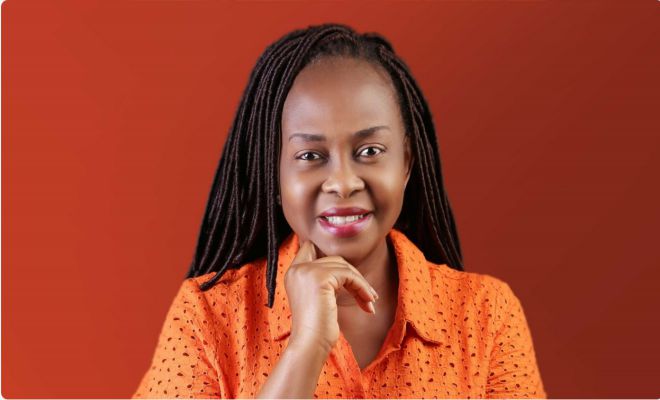



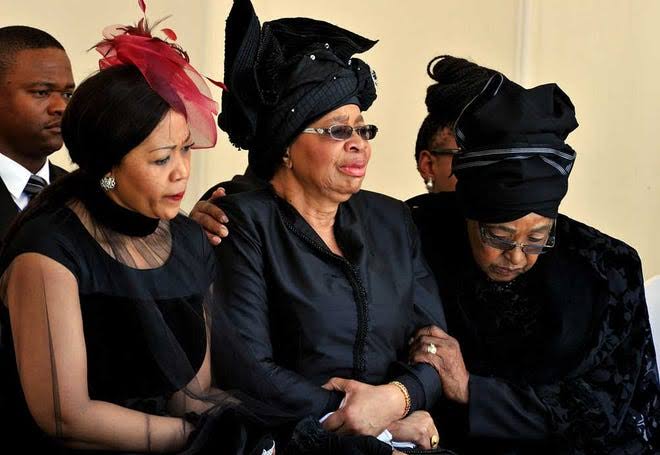
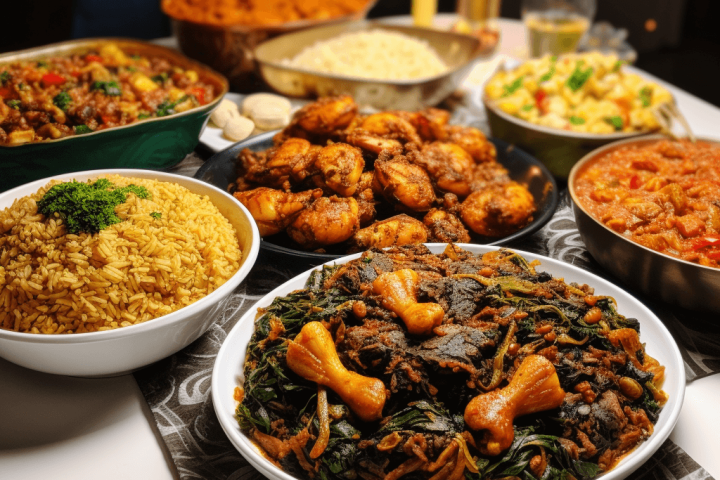







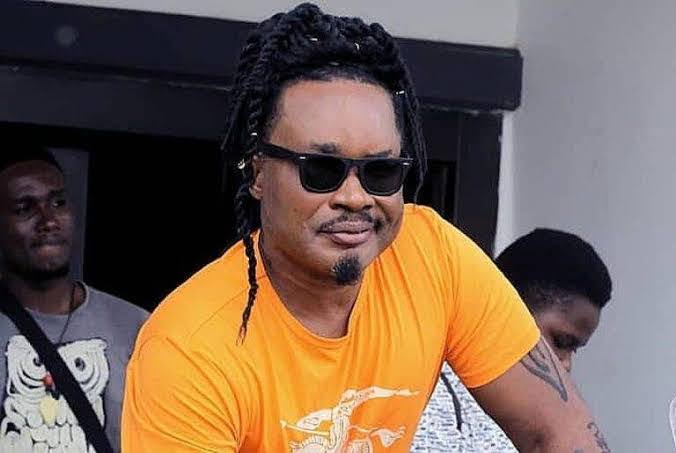
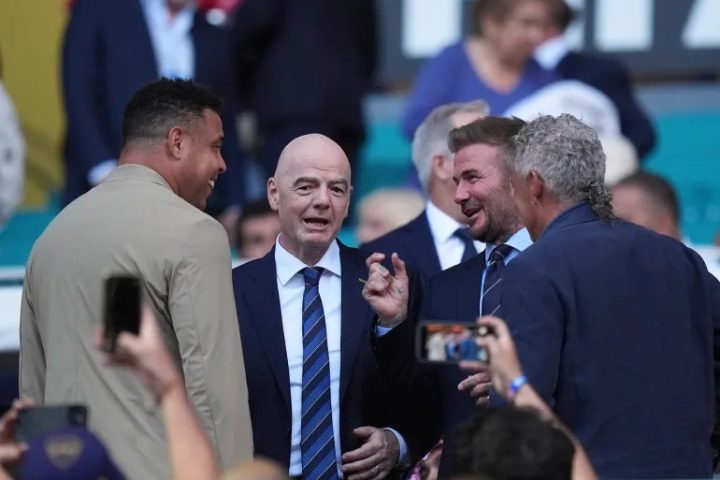
Follow Us